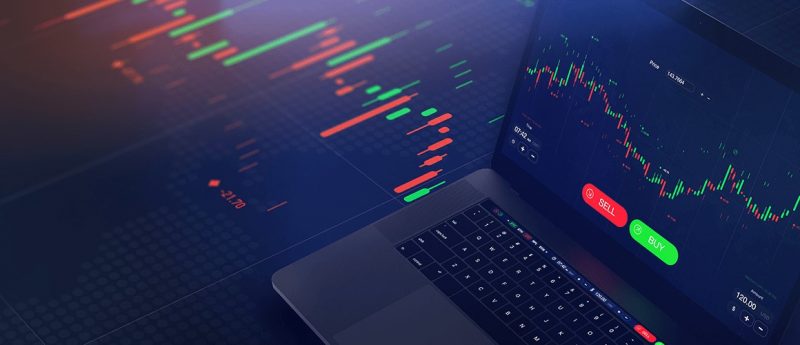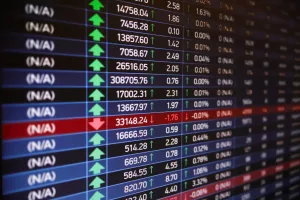Is Index Trading Good For Long-Term Goals?

Index trading falls under the popular ways relied on by traders to get financial market exposure without directly researching and investing in company stocks. Generally, index trading allows investors to reduce the stock trading risk. You focus on trading indices or a share compilation instead of purchasing and selling company shares.
Index Definition
Index calculations happen from its constituent stock price, as the weighted average. Each index in index trading highlights the criteria a business has to comply with for inclusion. By monitoring the potential of a large-sized share group, indices aim to mirror the position of a nation’s stock market or broad industry branch.
Moreover, indexes measure other economic data or financial, like manufacturing output, rates, or inflation. They act as a basis that helps you analyze the doing/act of portfolios’ returns. Indexing, a highly executed investment strategy, replicates this index passively instead of focusing on outperforming it.
An index indicates or measures something. For instance, an index stands for the statistical change parameter in the securities market in the financial field. For the bond market, stock market, and financial markets case, indexes mean the securities’ hypothetical portfolio representing a specific market segment or the overall market.
Each bond & stock market index features a unique calculation methodology. The index’s relative change is mostly more indispensable than the real numeric figure mirroring the index. For instance, if FTSE 100 Index stands at 7780.50, that figure informs traders that the FTSE 100 Index is approximately eight times its 1000 base level. However, you have to follow a specific approach to analyze how that index has shifted from the preceding day. Here, you must check the price, up to which the index has declined. This amount is mainly illustrated as a percentage.
Index Investing
Moreover, indexes are mainly used as guidelines to measure the doing/act of exchange-traded funds and mutual funds. For example, several mutual funds set side by side their returns with the S&P 500 Index returns to allow traders to see how much less/higher the executives are generating on their investment than they would earn in index funds.
You can compare indexing with passive fund management. Here, the fund executive creates a portfolio with the holdings mirroring the securities of a specific index.
The manager follows this step instead of actively market timing & stock picking – selecting securities to trade and creating strategies on when to sell/purchase them. The overall idea entails mirroring the index’s profile – a broad market segment or the entire stock market. Remember, the fund also suits its performance.
Index funds are primarily developed to monitor an index’s performance because you can’t trade indexes directly. The index funds involve securities that intimately mirror those present in indexes, allowing traders to bet on their performances by paying a specific amount. Vanguard S&P 500 ETF is an example of these index funds because it intimately mimics S&P 500 Index.
When combining exchange-traded funds with mutual funds, fund sponsors try to make portfolios mimicking a specific index’s components. This feature makes it easy for traders to purchase securities that are likely to boom and bottom out in conjunction with the stock market segment or the overall stock market.
Good For Long-Term Goals?
Unlike individual companies, indexes can’t go bankrupt. For instance, if the DAX 40 Index goes bankrupt, it’ll be recovered by the next firm ranked under the top German firms. However, prepare to lose your invested money if you hold stocks in companies that go bust.
With the popular market indexes, you’ll enjoy high liquidity levels, and tight bid spreads for selling and purchasing, meaning you can easily exit or enter positions. You can invest in indices through investment funds that handle the exercise on your behalf.
Besides the index funds, the market has a vast range of index derivative products that you can trade and generate profits. Also, you can invest in global indices with CFDs by using PrimeXBT and other top-rated online trading platforms. However, conduct an in-depth analysis before choosing your options because index prices fluctuate every trading session.







